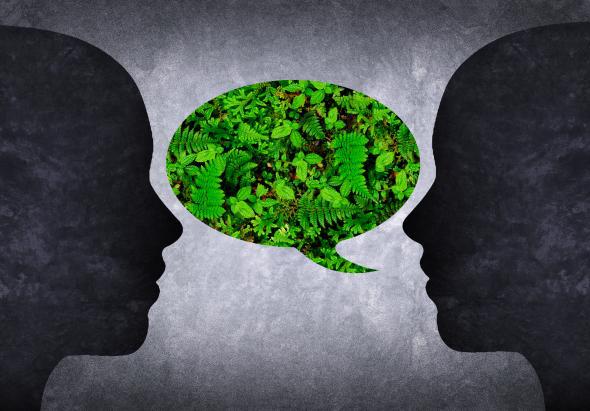Greetings, Future Tensers,
“Gradually, Ford is starting to look like a tech company.” That’s the conclusion Will Oremus came to in his report about the car company’s plans to start rolling out fully autonomous vehicles by 2021. That’s all the more reason to start public dialogue about how such driverless systems will behave in crisis conditions like those suggested by this fun game from MIT researchers that asks you to decide who a robot car should kill.
Charming as that game is, it’s probably not going to change the course of self-driving car development. But Jason Lloyd writes that the public should be more engaged with discussions surrounding cutting-edge research. Lloyd writes that “citizen science” has gotten a lot of press for allowing people to contribute data to research, but it can be so much more. Andrew Maynard helps show why that’s so necessary with this article on the National Institutes of Health’s request for public comment on policy changes around human-animal hybrids.
There are, of course, other conversations that we should be having about technology, most of all those that we have with our elders. As Jamie Winterton argues, our senior citizens tend to fall prey to cyberattacks because they don’t have information about how to protect themselves. We can help allay that dilemma, Winterton suggests, by actually chatting with them about cybersecurity, thereby helping keep them from getting hacked like the NSA. Of course, nothing can protect them from the greatest menace of our digital world: squirrels.
Here are some of the other stories that we read while trying to guess who wrote Donald Trump’s tweets:
- Gaming: Laura Hudson writes that Kentucky Route Zero tells a haunting, surreal story about both the “broken promises of America” and “the small moments of beauty that manage to bloom” in the ruins.
- Social graces: June Thomas investigates a company that automates the work of sending personalized cards out for you. Goodbye to guilt!
- Virtual reality: Some experts think that we’re going about VR all wrong: We should be using it to facilitate experiences that we couldn’t have by other means.
- Emoji: Kyle MacLachlan retold the plot of Dune in emojis for a fan, and it’s surprisingly brilliant.
Pulling information out of the ether,
Jacob Brogan
for Future Tense
Future Tense is a partnership of Slate, New America, and Arizona State University.
